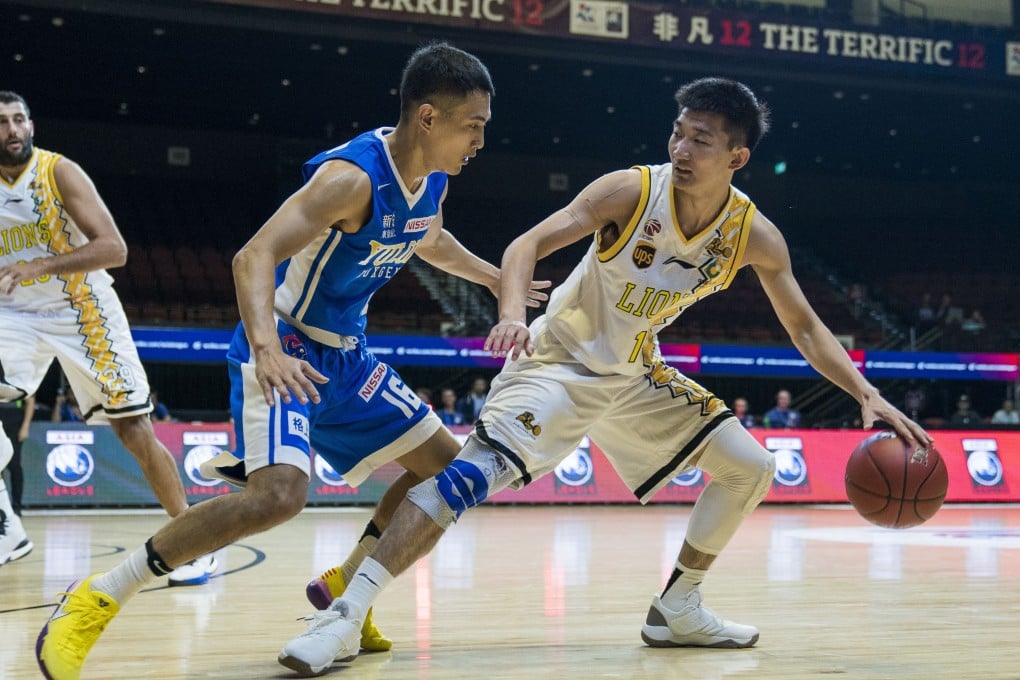‘Champions League of Asian basketball’ – why the East Asia Super League aims to build local heroes and regional rivalries
- Former NBA China and UFC Asia managing director Mark Fischer appointed East Asia Super League’s chief commercial officer
- ‘We want to be seen as the pinnacle or hub of basketball in east Asia’, says veteran of sports scene

As such, the sprightly East Asia Super League (EASL) has decided to strike while the iron is hot – global pandemics aside – and put in motion plans for Asia’s first basketball “champions league”.
“The idea is to take the best teams from the top professional leagues in east Asia and build up to that platform long term,” newly appointed EASL chief commercial officer Mark Fischer said. “We will put teams from Japan, Korea, China, the Philippines and more in a home-and-away competition leading up to a final four to decide the champions of Asia.
“The market for basketball is tremendous. The biggest global basketball events being in Asia over a period of about five years, and [it] would not be happening if the market were not growing at such a large scale. That’s one of the reasons we feel – despite the current challenges – that the timing is great for us to be launching.

“This is the sort of vacuum and demand in the market that nobody’s done in such a focused way – that hasn’t been done in a very successful way, given the immense popularity for the sport. There’s certainly great content overseas, but it’s from a different time zone and there are no local heroes. That’s what we’re building here.”